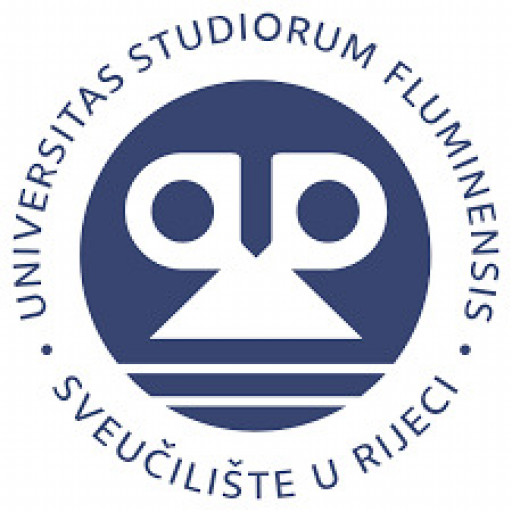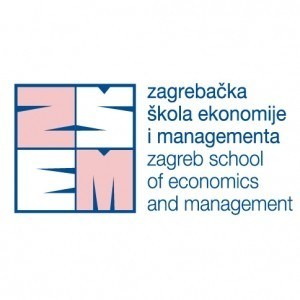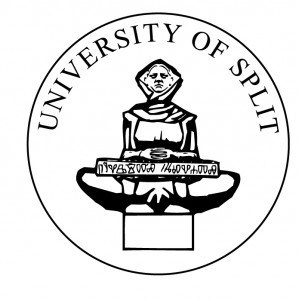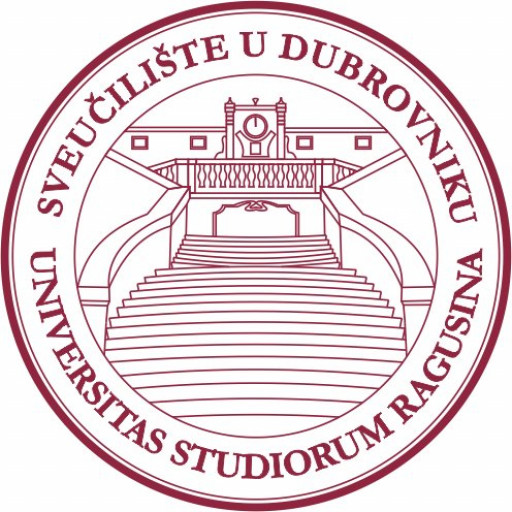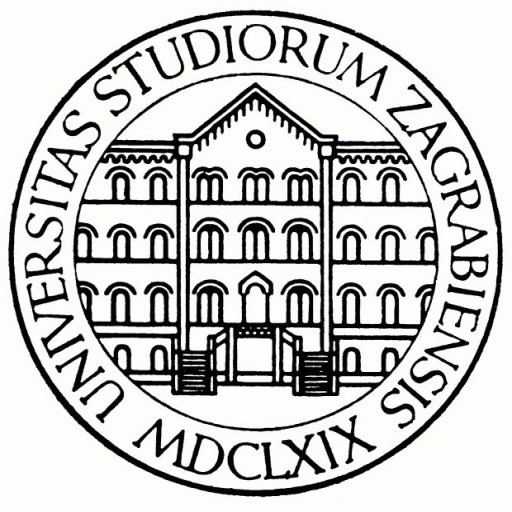Economic studies at the University of Rijeka provide students with a comprehensive understanding of the principles governing economic systems, markets, and financial institutions. The program aims to equip students with essential analytical skills, knowledge of economic theory, and practical competencies necessary for addressing real-world economic challenges. Throughout their course of study, students will explore various aspects of microeconomics, macroeconomics, econometrics, and economic policy, enabling them to analyze economic issues critically and develop effective solutions. The curriculum includes a diverse range of courses that cover topics such as international economics, public finance, business economics, and sustainable development, providing a well-rounded education rooted in both theoretical foundation and applied practice. Students will have opportunities to engage in experiential learning through internships, projects, and seminars, fostering teamwork and problem-solving skills. The program also emphasizes the importance of ethical considerations and social responsibility in economic decision-making, preparing graduates to contribute positively to society. Upon completion of the program, students will be equipped to pursue careers in various sectors, including government agencies, financial institutions, consulting firms, and international organizations. They will also be prepared to continue their academic journey through master's and doctoral studies in economics or related fields. The University of Rijeka’s Department of Economics boasts experienced faculty members who bring academic rigor and practical insights into their teaching, ensuring students receive high-quality education. Graduates of this program are expected to emerge as competent economists capable of analyzing complex economic phenomena, advising policymakers, and implementing strategies that promote economic stability and growth. The program’s multidisciplinary approach, combined with modern teaching methods and state-of-the-art facilities, aims to foster an innovative learning environment that meets the demands of the dynamic global economy. Students will also develop strong communication skills, enabling them to articulate economic ideas clearly and persuasively to diverse audiences. Participation in research activities and academic conferences will further enrich students’ education, encouraging a culture of inquiry and continuous improvement. Overall, the Economics program at the University of Rijeka is designed to prepare ambitious individuals for successful careers in economics, providing them with the necessary tools and knowledge to make meaningful contributions in an interconnected world.
The Economics undergraduate program at the University of Rijeka offers a comprehensive curriculum designed to equip students with fundamental knowledge and practical skills in the field of economics. The program covers a wide range of topics, including microeconomics, macroeconomics, financial economics, international economics, and business management. Students will gain a solid understanding of economic principles, market behaviors, and the functioning of economies at both national and global levels. The curriculum emphasizes analytical thinking, quantitative skills, and critical analysis, preparing graduates for diverse careers in the public sector, private enterprises, financial institutions, and international organizations.
Throughout the program, students are encouraged to develop their problem-solving abilities through case studies, research projects, and internships. The program also provides courses in economic policy, econometrics, and forecasting, enabling students to analyze data and make informed economic decisions. In addition to core coursework, students can choose electives that align with their interests, such as sustainable development, economic diplomacy, or digital economies.
The faculty at the University of Rijeka is committed to providing high-quality teaching complemented by research activities, ensuring that students learn from experienced academics engaged in current economic issues. The program promotes an international perspective, offering opportunities for exchanges and collaboration with universities abroad. Graduates of the Economics program are well-prepared to pursue postgraduate studies or enter the workforce with a strong foundational knowledge and practical competencies that meet the demands of a dynamic global economy.
Program requirements for the Economics undergraduate study at the University of Rijeka include a completed application form, proof of high school graduation or equivalent, and successful completion of the entrance exam or previous education qualifications that meet the university’s criteria. Prospective students must demonstrate proficiency in the English language through recognized standardized tests or previous education in English. Applicants are also required to submit a notarized copy of their identification document and evidence of payment of application fees. In addition, applicants should provide a motivation letter explaining their interest in the program and how it aligns with their career goals. The university may conduct interviews or additional testing if necessary to assess the applicant’s motivation, prior knowledge, and suitability for the program. Specific academic prerequisites may include a minimum grade point average in high school or relevant prior coursework that demonstrates quantitative and analytical skills essential for economics studies. International applicants need to submit certified copies of their diplomas and transcripts, accompanied by translation into Croatian or English if not originally in these languages. Admission is competitive and based on the applicant’s scholastic achievements, motivation, and suitability for the program. The program emphasizes both theoretical knowledge and practical skills, requiring students to attend lectures, participate in seminars and workshops, and complete coursework and examinations as part of their academic progress. Additionally, students are encouraged to engage in internships, research projects, and extracurricular activities to enhance their understanding of economic concepts and their applications in real-world scenarios. The university’s regulations mandate that students adhere to academic integrity policies and maintain a minimum attendance rate to remain enrolled. To graduate, students must successfully complete all required courses, accumulate the necessary ECTS credits, and pass the final thesis defense or project, which integrates their learning and research within the field of economics.
The financing of the Economics study program at the University of Rijeka is primarily based on a combination of public funding, student tuition fees, and potential additional sources such as institutional grants and sponsorships. As a public university in Croatia, the University of Rijeka receives financial support from the Croatian government, which allocates funds to ensure the delivery of quality higher education programs, including Economics. These funds cover a substantial portion of the operational costs, faculty salaries, infrastructural maintenance, and academic resources required for effective instruction.
Tuition fees constitute a significant part of the program's financing, especially for international students and students enrolled in self-financed studies. Details regarding the exact fee structure can vary annually and are publicly available through the university's official channels. The fees are generally designed to be affordable, reflecting the university's mission to provide accessible higher education while maintaining high standards. In addition to tuition fees, students may also contribute to the financing through various fee-based services such as accommodation, library access, and student activities.
The university also benefits from grants and project funding aimed at enhancing the quality of education, research, and international collaboration. These funds are often obtained through European Union programs, national research initiatives, and partnerships with industry stakeholders. Such financial sources help improve infrastructure, develop new curricula, and support student mobility and exchange programs.
Scholarships and financial aid options are available for eligible students, facilitating access to the program for talented individuals regardless of their economic background. These are often provided based on academic excellence, social need, or specific criteria set by the university or government authorities. The university encourages maximizing external funding opportunities through collaborations with businesses, governmental bodies, and non-profit organizations, which may also contribute to the financing of the Economics program.
Overall, the combined financial framework ensures the sustainability and continuous improvement of the Economics studies at the University of Rijeka, aiming to provide students with high-quality education and comprehensive academic support.
After successfully completing the undergraduate university study programme of International Business, a student should be able to:
- Analyse and interpret ideas, concepts and principles of business economics
- Understand business policy at the international, regional and national level
- Develop skills related to solving problems in the implementation of interpersonal skills in their behaviour
- Make business decisions in a regional and international business environment based on the knowledge of business economics by applying relevant business skills
- Establish decisions about business issues and situations on an ethical and socially responsible way
- Develop autonomy in solving business problems and tasks specifically related to the regional or international environment.
